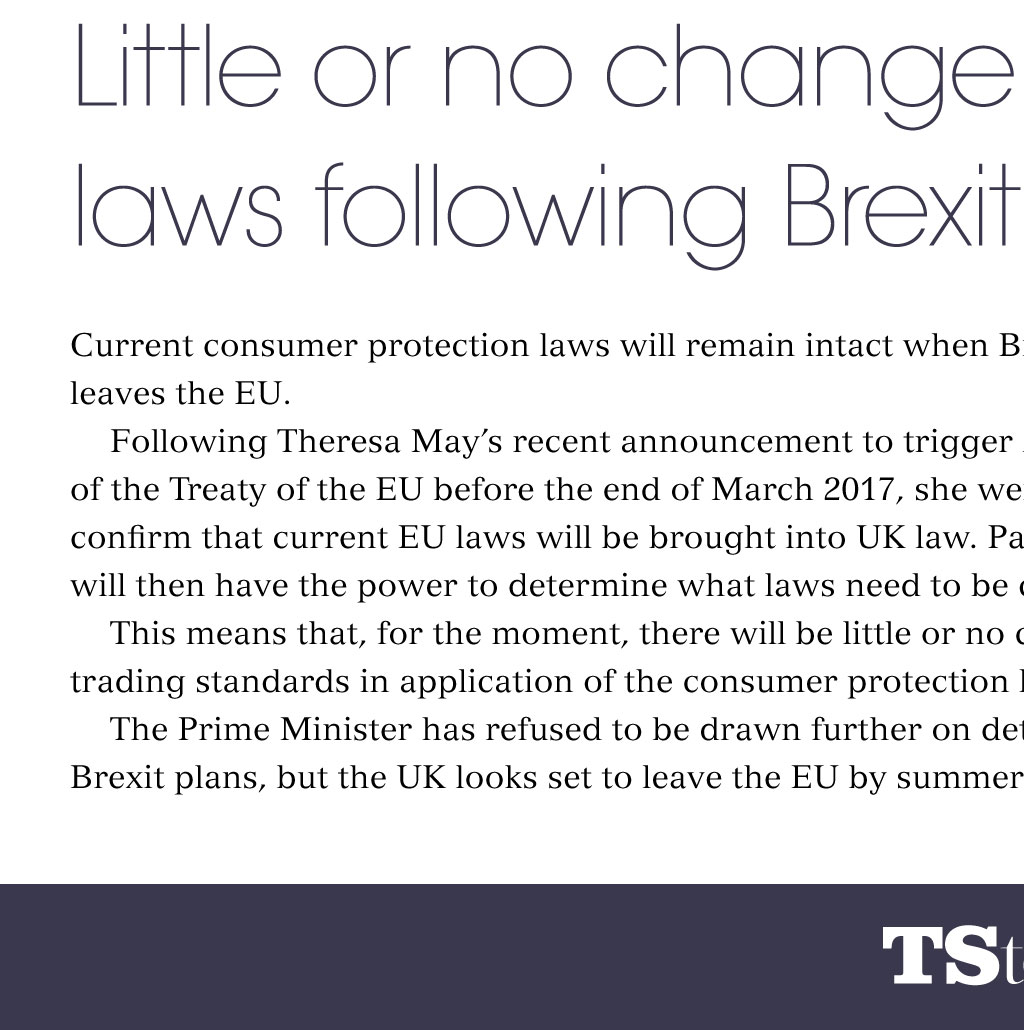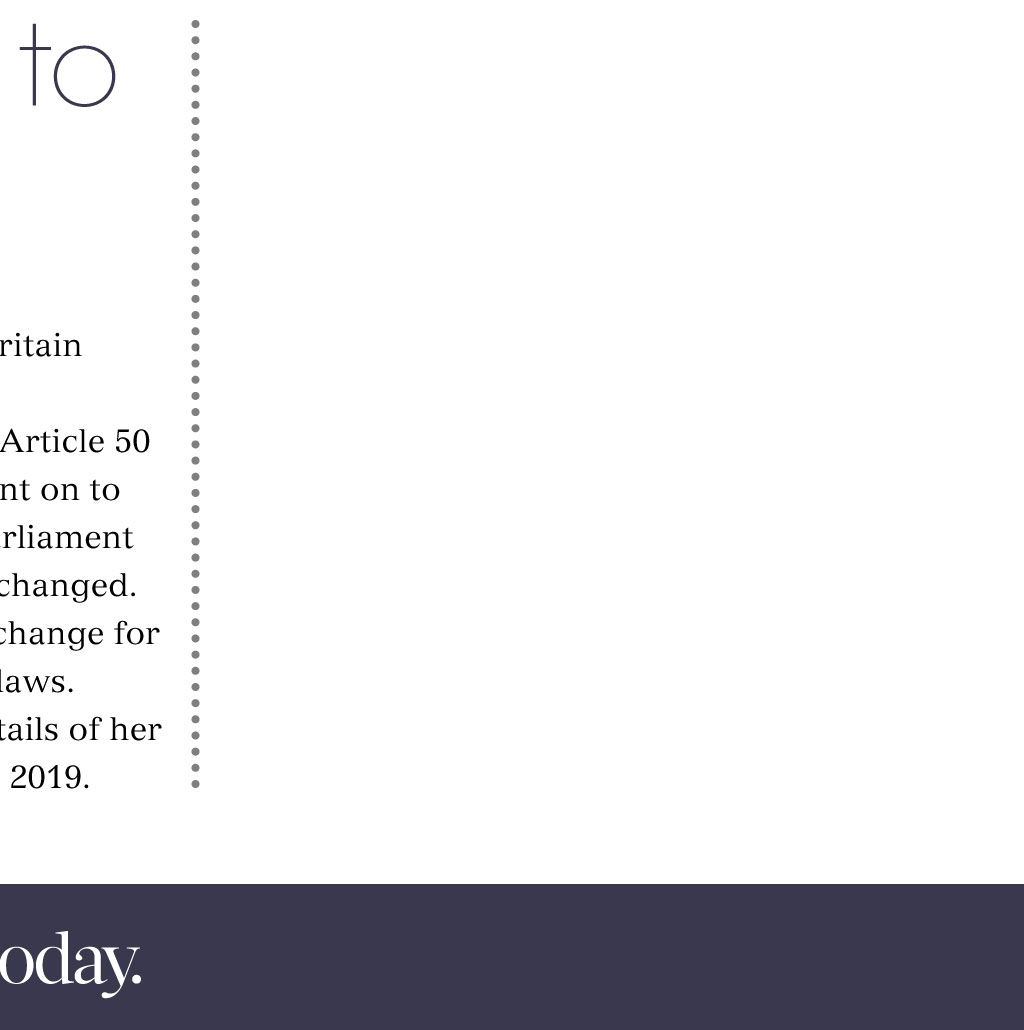
























YAnlEv / ShuTTErSToCk News Toy safety standard for fancy dress costumes to be revised Work is set to start this autumn on revising the European safety standard for toys, following concerns over the flammability of some fancy dress costumes worn by children. The issue hit the media during Halloween 2014, when television presenter Claudia Winklemans daughter suffered third-degree burns after the witch costume she was wearing touched a tealight inside a pumpkin and caught fire. A number of projects have taken place since public pressure mounted on MPs to change the safety standards relating to the making of fancy dress costumes. Currently, they are classed as toys under safety standard EN71. As part of this work, the UK committee responsible for standards concerning the safety of toys made up of industry representatives, consumers, UK government and regulatory bodies, including trading standards has been assessing how the standard could be improved. On behalf of the UK committee, the British Standards Institute (BSI) proposed to the European standards body, CEN, that this standard needs to be reviewed and updated.Subsequently, the European committee has agreed that a working group will now convene to look at: The flammability of certain designs of disguise (fancy dress) costumes, in particular those made with small pieces of textile fabric that are currently exempt from the requirements of the standard and are therefore not assessed to determine compliance of the costume as a whole The interpretation document TR 15371-1, with a view to incorporating clear interpretations into EN71-2 (flammability) Annex A, with a view to its improvement to contain information and guidance about the safe design of disguise costumes to reduce the overall rate of the spread of flame In February 2016, North East Trading Standards published a report looking at the findings of a project to test the compliance of fancy dress costumes with EN712. Overall it found that compliance was good, but the best advice to avoid burns and injuries was to avoid naked flames and replace candles with LED equivalents where practicable. letting agent fees hit students in the pocket University students moving into privately rented accommodation could be among those caught out by bad letting agencies that charge hundreds of pounds but provide a poor or minimal service. Their fees are supposed to cover administration tasks and require the tenant to pay a holding deposit before signing a tenancy agreement. These fees are usually non-refundable, and are charged on top of advertised rent prices and deposits for the property. Official figures from a survey of tenants suggest the average letting agent fee has risen from 125 in 2009-10 to 200 in 2014-15. Citizens Advice is calling for a ban on letting agents charging tenants fees. Currently both landlords and tenants pay fees for the letting agents services. Citizens Advice believes there should just be one charge that is paid for by landlords, who are in a better position to shop around and pick the best agency. Going for gold! CTSi continues support for rSpCAs footprints awards are recognised through the scheme. A record 129 applications were received this year. Winners were announced last month, and a massive 62 gold awards were made in the stray dog category more than any year to date. Along with the Innovator Award, there are four categories recognising animal welfare: stray dog provision; contingency planning; housing policy and the new Animal Establishments Licensing Footprint, with bronze, silver and gold standards awarded for each. The awards will be presented on 30 November at RICS, Parliament Square, London. For the full list of winners, click here. GAudilAB / ShuTTErSToCk CTSI was proud to support the RSPCAs Community Animal Welfare Footprints (CAWF) awards again this year. Local authorities, housing providers and other public service organisations across England, who go above and beyond statutory service requirements to achieve higher animal welfare standards, Banks must cover cost of transfer fraud Green light system should be mandatory on food labelling The traffic light system should become a mandatory part of food labelling in the UK, according to the Local Government Association (LGA). The traffic light scheme, which is already widely used, provides clear, at-a-glance information and according to the LGA is something many shoppers are familiar with and find helpful. It believes better labelling would help people to take more responsibility for their health, and tackle conditions such as obesity, heart disease and diabetes. Chairman of the LGAs community wellbeing board, Izzi Seccombe, said: We want the government to go one step further and make it mandatory for all retailers and manufacturers to adopt it. The governments recently announced childhood obesity plan said it would look at how information should be displayed on products. Which? has made the first super-complaint to financial regulators, calling on them to ensure banks better protect customers who are tricked into transferring money to a fraudster. UK consumers now make more than 70 million bank transfers a month, compared with just over 100 million in a whole year a decade ago. However, protections have not kept up, and victims conned into transferring money by bank transfer to a scammer currently have no legal right to get their money back from their bank, unlike with many other payment methods. Banks have developed and invested in security checks and systems to detect and prevent fraud where they are liable to reimburse the victim for example, for credit card scams. However, there arent sufficient checks if someone is tricked into transferring money directly to another persons account. The latest Which? research found that six in 10 people 60 per cent did not realise they lacked consumer protection from their bank if they are scammed into making a bank transfer. Which? thinks banks should shoulder more responsibility for money lost to scams made by bank transfer. They will then have an incentive to use technology and information in ways that consumers simply cannot, and to develop better mechanisms to prevent the fraud. Using its legal powers, Which? made a super-complaint to the Payment Systems Regulator on 23 September, and alerted the Financial Conduct Authority. The regulators now have 90 days to investigate and respond to the consumer champions concerns. Which? has called on the regulators to: Formally investigate the scale of bank transfer fraud and how much it is costing consumers Take action and propose new measures and greater liability for banks to ensure consumers are better protected when they have been tricked into making a bank transfer Stoptober and e-cigs encourage quitters Smoking quit rates have hit an all-time-high, according to Public Health England. Last year, of the 2.5 million smokers who made an attempt to quit, 500,000 people (20 per cent) were successful the highest recorded success rate, and up from 13.6 per cent six years ago. The smoking rate in England has also fallen to below 17 per cent for the first time. The biggest decreases in smoking over the last four years have occurred in the South West (18.7 to 15.5 per cent), the North East (22 to 18.7 per cent) and Yorkshire and Humber (21.9 to 18.6 per cent). The results of an observational study published by the British Medical Journal in September shows that e-cigarettes may have Little or no change to laws following Brexit Current consumer protection laws will remain intact when Britain leaves the EU. Following Theresa Mays recent announcement to trigger Article 50 of the Treaty of the EU before the end of March 2017, she went on to confirm that current EU laws will be brought into UK law. Parliament will then have the power to determine what laws need to be changed. This means that, for the moment, there will be little or no change for trading standards in application of the consumer protection laws. The Prime Minister has refused to be drawn further on details of her Brexit plans, but the UK looks set to leave the EU by summer 2019. resulted in an additional 18,000 long-term ex-smokers in England, after more than a million people used an e-cigarette in an attempt to quit. Other aids used included licensed nicotine replacement products, such as patches or gum. The figures were released at the beginning of Stoptober, a nationwide challenge to smokers encouraging them to kick the habit.